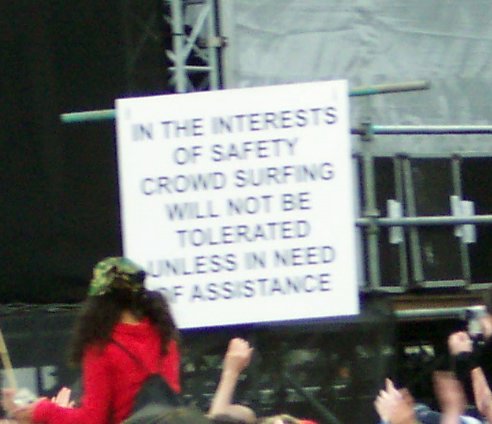In response to a thread my lovely and talented sister Rachael wrote over at Skillful Creamery, I've been thinking about race and race relations.
I suppose that folks should be called what they want, but there are some cases that this causes real strife. The residents of Macedonia really hacked off the Greeks when they started claiming they were Macedonian; Greece claims that Macedonia is actually a province in Greece, that Phillip (and Alexander the Great) were from there, and the people who live there are Macedonian, and their neighbors ill-advised name was wrong - although they have no problems with the country as a political entity, just the name.
By the same token, I've sometimes had difficulty with the idea of African-American taken to mean black citizens of the U.S.
Africa is a continent, America is a different continent and to hyphenate them seems like a contradiction in terms.
My mother, in the above entry, states that white America is in the majority. This kind of analysis may run the risk of creating greater dissent; my friend Steve Kacir, who is a Doctor of Biology at some University somewhere, has written an excellent article arguing that the concept of race is only useful biologically when describing the divergent evolution of speciation, where one species becomes two.
For humans, it's also useful to describe someone (so they'll be recognized by your friend who is picking up your friend Keiko at the train station while you make dinner, for example). We might want to say: She's a short Japanese girl, about five-two, with purple hair up in ponytails. She looks like a Virtua Fighter, only without the skin tight leather outfit. Just ignore her if she says "And stay down!" or "Finish him!"
Note: Keiko actually does this. She thinks it is hilarious. So do I.
Implicit in the above description is the idea that Keiko will have Asian features - slightly concave teeth, an extra fatty pad underneath the eyebrow, dark, straight hair, etc.
That's pretty useful; trying to tell Chris what Keiko looks like without mentioning her race would be a serious challenge. If she was named Lisa Graf (as a Korean friend of mine from High School is), then the problem becomes nearly intractable.
To that end, we can agree that it's okay to use just about any non-denigrating term of description to describe someone.
The problem comes in when we try to define the term "denigrating" in a universal way.
If we allow relativism to govern the definition then we have abandoned language as a method of communication. For example, if we say that what's denigrating depends on the point of view of the individual, and each person has their own idea of what denigrating is and we have to respect each person's view and interpretation - as Lacan and Derrida suggest we get to do - then we can suddenly no longer communicate, because our words don't mean the same thing.
This has actually happened within living memory in the United States, where the term Negro was favored because it was the scientific term and free from bias. This got replaced by black, then African-American then People of Color.
As a side note, Mercy was hot! She was totally smokin', but she was one of Mara's friends and in the "little sister's friends" category instead of the "totally smokin' babe" category. She's my age or maybe even older, but for some reason was in Mara's grade. Alas and alack, now she's married and has a baby.


